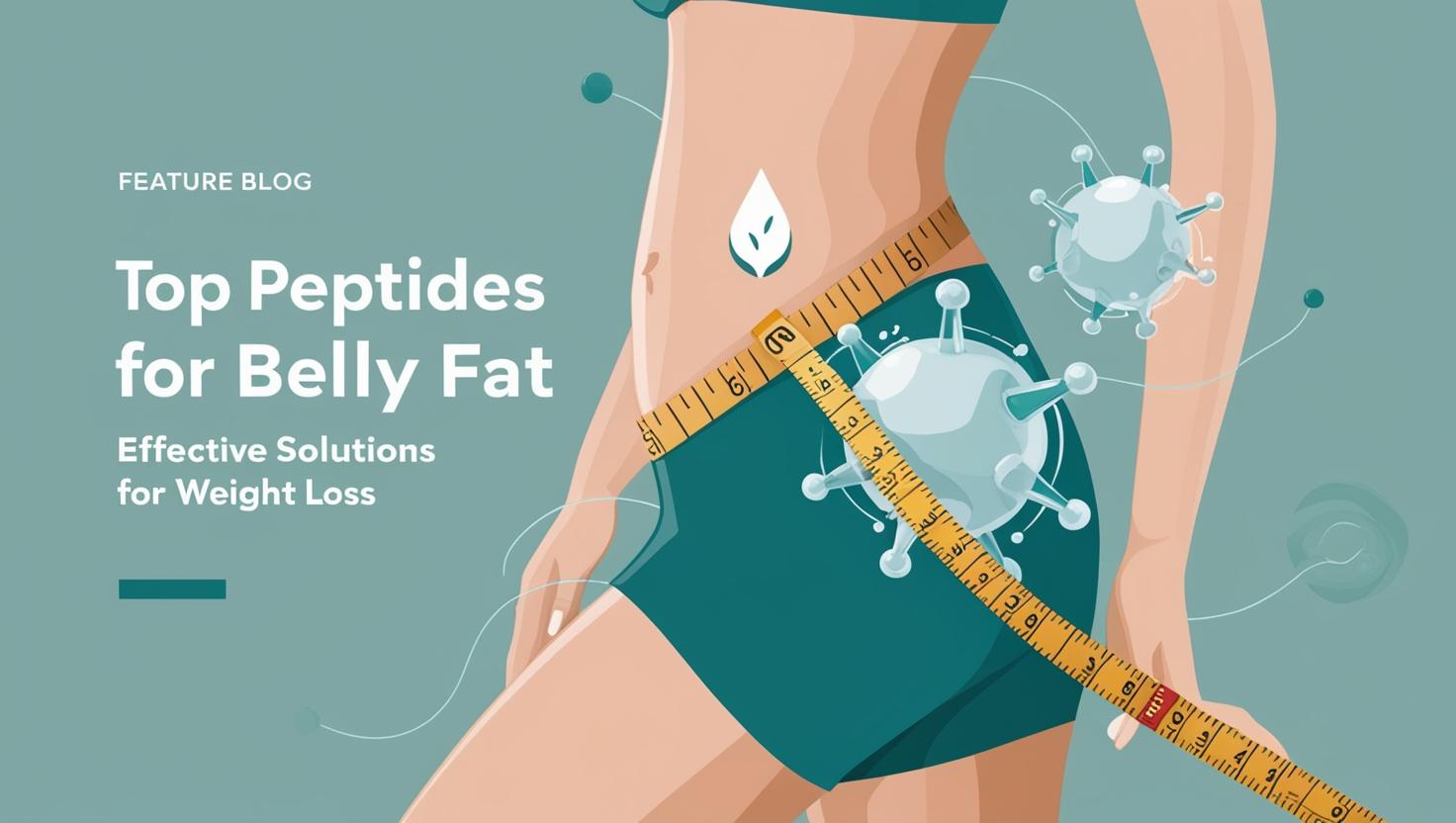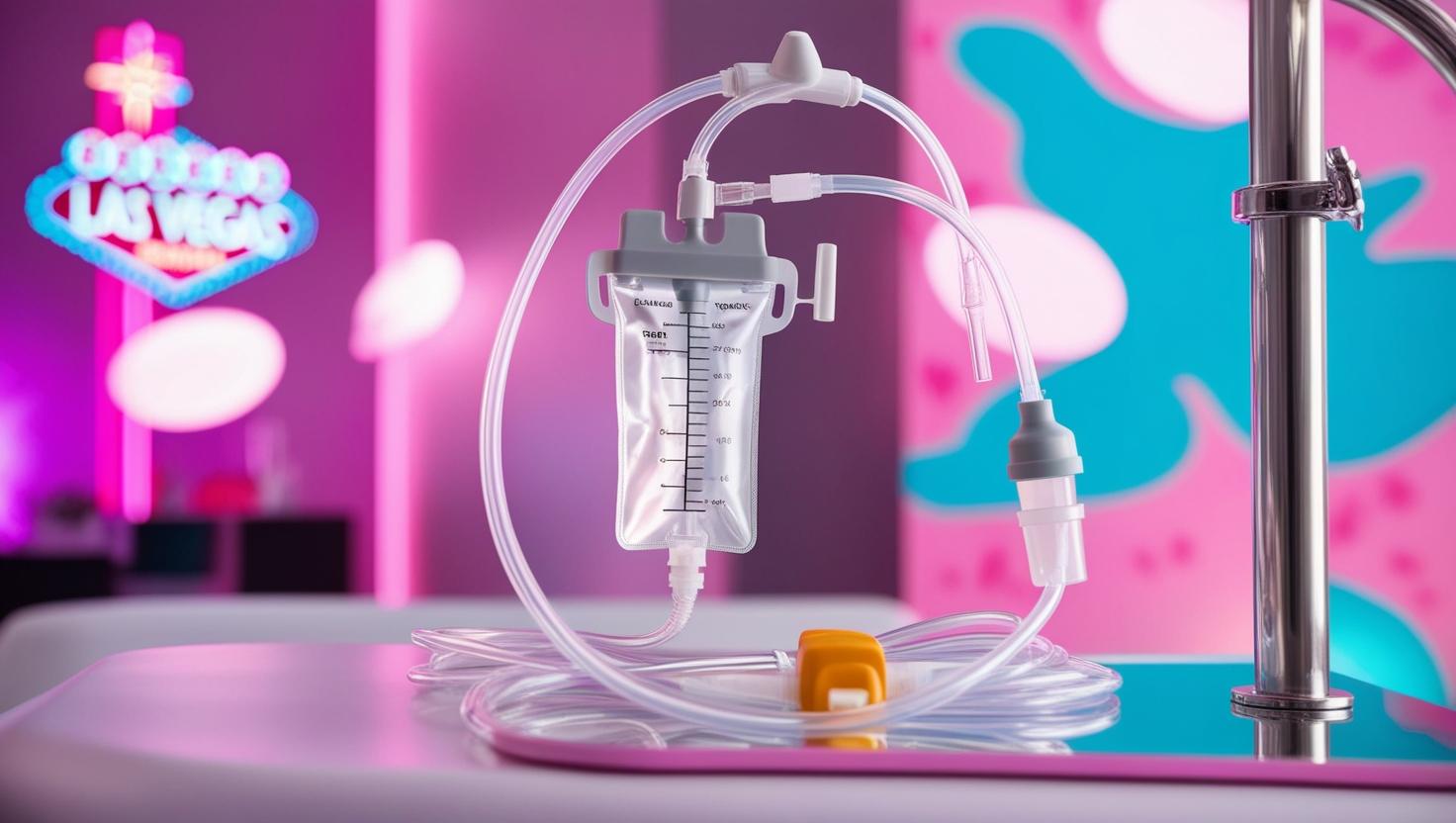TRT for women helps tackle fatigue, low libido, and mood swings. In this article, we discuss why women choose TRT, its benefits, safety, how it’s administered, and what to expect.
Key Takeaways
- Testosterone Replacement Therapy (TRT) is increasingly sought by women in their 40s and 50s to address symptoms related to hormonal decline, particularly during menopause.
- TRT offers significant benefits including improved sexual function, enhanced mood, and potential prevention of osteoporosis, but it requires careful monitoring and individualized dosing.
- Women considering TRT should consult healthcare professionals to discuss risks, benefits, and tailored treatment options, as well as to ensure proper management of potential side effects.
Why Women Consider Testosterone Replacement Therapy (TRT)
Women in their 40s and 50s are increasingly seeking testosterone therapy to address a myriad of health concerns. TRT addresses various issues, including physical symptoms like low libido and exhaustion, as well as emotional challenges such as anxiety and depression. The age-related decline in testosterone levels can significantly affect quality of life for many women. Menopause often exacerbates this decline, with testosterone levels dropping by about one quarter, leading to disruptive symptoms.
A primary driver for women seeking testosterone therapy is hypoactive sexual desire disorder (HSDD), which affects roughly one in ten women. Characterized by a persistent lack of sexual desire, this condition can strain relationships and diminish overall well-being. Surgical menopause, often from the removal of both ovaries, can cause a sudden drop in testosterone levels, prompting many women to seek TRT as a remedy. Growing awareness and discussions about TRT on social media and podcasts have further fueled interest in this therapy.
The growing number of testosterone prescriptions for women, which have increased nearly 50% in the U.S. from 2013 to 2023, reflects this rising interest. Many women report significant improvements in quality of life and general health after optimizing their testosterone levels. These improvements include enhanced sexual function, physical strength, energy levels, and mental clarity, making TRT a compelling option for those dealing with menopause symptoms and beyond.
Benefits of Testosterone Therapy for Women

Testosterone therapy offers a range of benefits for women, particularly those experiencing symptoms related to menopause. One of the most notable advantages is the improvement in sexual function. Women on TRT often report enhanced sexual well-being, with increased sexual desire, arousal, and overall pleasure. For women with HSDD, testosterone therapy can significantly boost sex drive and alleviate the distress associated with low sexual desire.
Beyond sexual health, testosterone therapy can also positively impact mood and cognitive function. TRT can alleviate fatigue and mood changes often associated with menopause. Combining testosterone and estrogen therapy can improve cognitive function and mood, providing a more balanced psychological state during menopause. Testosterone therapy can also reduce psychological distress and enhance energy levels and motivation.
Another critical benefit of testosterone therapy is its potential to prevent osteoporosis and improve mental clarity. Physiologic doses of testosterone help maintain bone density, reducing fracture risk in postmenopausal women. This aspect of TRT is particularly important as women age and their risk of osteoporosis increases.
Overall, testosterone therapy offers a comprehensive approach to enhancing women’s health and well-being during and after menopause, extending beyond just addressing low libido.
Is Testosterone Therapy Safe for Women?
The safety of testosterone therapy for women has been thoroughly evaluated over the past 80 years and remains a critical concern. When properly prescribed and monitored, testosterone therapy is generally safe for women. The key to minimizing risks lies in proper dosing and regular monitoring of testosterone levels. This ensures that women receive the benefits of TRT without encountering significant side effects.
Despite the historical data supporting its safety, misconceptions about hormone replacement therapy can still influence perceptions. Following scientifically validated guidelines and relying on the expertise of healthcare professionals is crucial when considering TRT. Tracking symptoms before consultations allows for a more informed and collaborative decision-making process with healthcare providers. This preparation is crucial for addressing concerns and ensuring the therapy aligns with health needs and goals.
If encountering resistance from a healthcare provider regarding TRT, asking for clarification and challenging the decision if necessary is important. Open communication and understanding the rationale behind medical advice can help women make informed decisions about their treatment options.
Discussing concerns about testosterone therapy with a healthcare professional ensures women are fully aware of the potential benefits and risks, enabling confident health choices.
How is Testosterone Administered to Women?
Testosterone can be administered through various methods, each with its own advantages and considerations. The most common routes include transdermal delivery, oral forms, intramuscular injections, and subcutaneous pellet implants. Transdermal methods such as gels and patches are often preferred for providing stable blood hormone levels and reducing side effects.
While oral testosterone forms are available, they are generally less desirable due to potential adverse effects on lipid profiles. This increases the risk of cardiovascular issues, making other administration routes more favorable. Intramuscular injections and subcutaneous pellet implants offer different benefits in terms of dosage control and convenience.
Individualized dosing is crucial for testosterone therapy in women. The approach involves tailoring the dosage to each woman’s specific needs and monitoring their response. This ensures the therapy is effective and safe, providing benefits without the risks of inappropriate dosing.
Working closely with healthcare providers, women can determine the most suitable method and dosage for their testosterone therapy, optimizing their health and well-being.
Who Should Consider Testosterone Replacement Therapy?
Testosterone replacement therapy can be particularly beneficial for women experiencing significant hormonal changes. Postmenopausal women often suffer from diminished hormone levels, which can lead to symptoms like low libido and increased abdominal fat. TRT can restore hormone levels, improving overall well-being and quality of life. Women undergoing surgical menopause may experience a pronounced testosterone decline, making them prime candidates for this therapy.
Women with Hypoactive Sexual Desire Disorder (HSDD) can also benefit from testosterone therapy. This condition, characterized by a persistent lack of sexual desire, can significantly impact personal relationships and self-esteem. Testosterone therapy has been shown to enhance libido and sexual function in women with HSDD, making it a valuable treatment option.
In summary, women who should consider testosterone replacement therapy include postmenopausal women, surgically menopausal women, and those with hypoactive sexual desire disorder. Consulting with a menopause specialist can help women navigate treatment options and determine if TRT is suitable for their specific needs. This personalized approach ensures each woman receives the most appropriate and effective care for her unique health concerns.
What to Expect During Testosterone Therapy
Starting testosterone therapy involves several steps, beginning with an initial consultation to thoroughly evaluate a woman’s medical history and symptoms. This assessment helps the healthcare provider determine the appropriate treatment plan and establish baseline testosterone levels. Regular monitoring of blood testosterone levels ensures the dosage remains effective and safe throughout the therapy.
As women progress through treatment, they may experience changes necessitating dosage adjustments. Adjustments are based on individual responses and any side effects encountered. The goal is to achieve serum testosterone levels similar to those in young women, optimizing therapy benefits while minimizing risks.
Women can expect gradual improvements in symptoms like increased energy levels, enhanced libido, and improved mood. Open communication with the healthcare provider allows for timely modifications to the treatment plan, ensuring the therapy remains aligned with the woman’s health goals.
Potential Side Effects and Risks of TRT in Women

While testosterone therapy offers numerous benefits, it is not without potential side effects and risks. Here are some common side effects of high doses of testosterone:
- Changes in body odor
- An increase in acne
- Oily skin
- Menstrual disruptions, including period cessation (in women)
- Increased body hair
- Voice changes
More serious risks associated with testosterone therapy in women include cardiovascular issues, such as heart attack and stroke. The therapy can also pose risks of liver problems and potential liver damage. Some women may experience changes in breast tissue, including atrophy or sensitivity. Increased risk of irritability and mood swings are other possible side effects.
Discussing these potential side effects and risks with a healthcare provider before starting testosterone therapy is essential. This ensures they are fully informed and can make decisions aligned with their health needs and risk tolerance. Closely monitoring their response to therapy and maintaining open communication with their healthcare provider allows women to effectively manage side effects and maximize the benefits of TRT.
Regulatory Status and Medical Consensus on TRT for Women

The regulatory status of testosterone therapy for women is crucial to consider. The FDA has not approved testosterone therapy specifically for women, though it can be prescribed for low sexual drive after ruling out other causes. Custom-compounded bioidentical hormones, including testosterone formulations, are not recommended by international expert panels and lack FDA approval.
Major medical organizations restrict testosterone therapy to short-term treatment of menopausal symptoms. Recent evidence supports individualized testosterone dosing for sexual function, osteoporosis prevention, and potential breast protection, aligning with medical society recommendations. Long-term studies report a significant reduction in invasive breast cancer incidence among women undergoing testosterone treatment.
Global consensus position statement on TRT for women, reflected in position statements from bodies like the British Menopause Society, the North American Menopause Society, and the International Menopause Society, emphasizes evidence-based practice and caution in prescribing. There is no clear evidence supporting the use of testosterone therapy for conditions other than hypoactive sexual desire disorder. This cautious approach ensures the therapy is used appropriately and safely.
Explore TRT Services at Body Balance Medical
Considering testosterone therapy requires consulting with a trusted provider who can offer personalized guidance and treatment plans. Body Balance Medical, an anti-aging and weight loss clinic located in Las Vegas, Nevada, offers comprehensive testosterone replacement therapy services tailored to women’s unique health needs. Their expertise in sexual medicine and hormone replacement therapy ensures the highest standard of care.
Contact Body Balance Medical today to explore how their TRT services can benefit you. Working with their experienced team allows you to develop a treatment plan that addresses your specific symptoms and health goals, enhancing your overall well-being and quality of life.
Don’t wait to take the first step towards feeling your best—reach out to Body Balance Medical and discover the benefits of testosterone therapy for women.
Summary
In summary, testosterone replacement therapy offers a promising solution for many women experiencing the symptoms of low testosterone, particularly during and after menopause. The therapy can significantly improve sexual function, mood, energy levels, and overall quality of life when administered and monitored properly. While there are potential side effects and risks, the benefits of TRT often outweigh these concerns for many women.
As you consider your options, remember the importance of consulting with a healthcare professional to ensure that testosterone therapy is right for you. By staying informed and working closely with your provider, you can navigate the complexities of hormone replacement therapy and make decisions that support your health and well-being. Explore the possibilities of TRT and take proactive steps towards a healthier, more vibrant life.
Frequently Asked Questions
Is testosterone therapy safe for women?
Testosterone therapy is generally considered safe for women when prescribed and monitored appropriately, ensuring proper dosing and regular monitoring to minimize risks and side effects.
What are the benefits of testosterone therapy for women?
Testosterone therapy for women provides significant benefits, including improved sexual function, enhanced mood and energy levels, and better cognitive function. Additionally, it aids in preventing osteoporosis and reduces symptoms of psychological distress and fatigue.
Who should consider testosterone replacement therapy?
Individuals, particularly postmenopausal and surgically menopausal women, along with those experiencing hypoactive sexual desire disorder, should consider testosterone replacement therapy for potential benefits. It is essential to consult a healthcare professional to evaluate personal circumstances.
How is testosterone administered to women?
Testosterone is commonly administered to women through transdermal gels and patches, oral forms, intramuscular injections, and subcutaneous pellet implants, with transdermal methods being favored for maintaining stable blood hormone levels.
What are the potential side effects of testosterone therapy in women?
Testosterone therapy in women can lead to side effects such as acne, increased body hair, and menstrual disruptions, along with more serious risks like cardiovascular issues and liver problems. It is crucial to consult with your healthcare provider to understand these potential effects.







